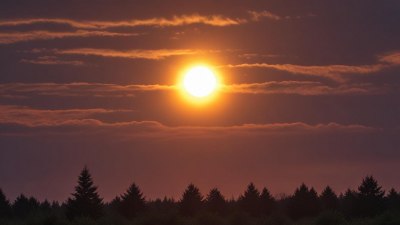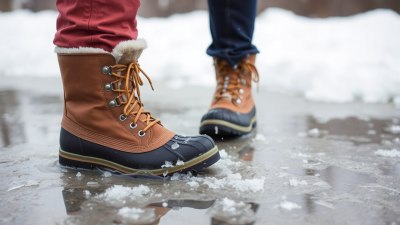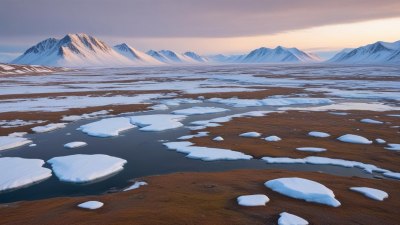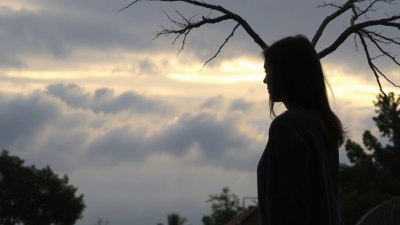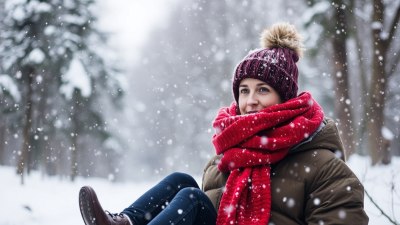The Real Reason People Freak Out Over the First Snowfall
It happens every year - people lose their minds when the first flakes fall. But why does snow send us into a frenzy? Here’s the science (and a little bit of chaos) behind it.

This image was created with the assistance of DALL·E
Every year, without fail, the first snowfall turns ordinary people into wide-eyed children, social media explodes with blurry snow pics, and grocery stores look like the apocalypse is coming. Whether you love it or hate it, there’s something about that first dusting of white that makes people act a little… different. But why does this happen? The answer lies somewhere between science, nostalgia, and pure human chaos.
The Brain Loves Novelty
Even if you live somewhere that gets buried in snow every winter, that first snowfall still feels magical. That’s because the brain is wired to respond to novelty. When something changes in our environment—like the world suddenly turning into a snow globe—our brains release dopamine, the “feel-good” chemical. It’s the same reason people get excited about new seasons, holidays, or even a fresh haircut. Snow, especially the first snow, is different from the usual routine, and our brains love that.
It Triggers Childhood Memories
For many people, snow is deeply tied to childhood nostalgia. Snow days off from school, sledding, hot chocolate by the fire—those memories stick with us. So when the first flakes start falling, our brains transport us back to those moments. Even if we now have to shovel driveways and deal with icy roads, for a brief second, we remember how exciting snow used to be.
The Great Grocery Store Panic
One of the most predictable reactions to the first snowfall is the grocery store rush. Shelves are suddenly empty of bread, milk, and eggs, as if everyone is planning to survive off French toast. But why?
Part of it is a survival instinct—our brains associate winter storms with scarcity, even if we’re only getting a light dusting. Another part is social influence: when people see others panic-buying, they assume they should, too. Before you know it, the store is chaos, and someone is wrestling over the last gallon of milk.
People Forget How to Drive
No matter how much snow a place gets, the first snowfall always comes with an increase in fender benders. It’s like everyone collectively forgets how to drive. Psychologists call this the “first snow effect”—people underestimate how different road conditions will be, leading to overconfidence and bad decisions. Even experienced winter drivers need a day or two to adjust.
Social Media Turns Into a Blizzard of Posts
The moment the first snow falls, feeds are flooded with blurry, low-light photos of snow-covered cars, sidewalks, and backyards. Even though snow looks the same every year, people can’t resist documenting it. Why?
It’s part excitement and part social bonding. Posting about the first snow is like saying, “Hey, we’re all experiencing this together.” It’s a way to mark the changing season and share the moment—even if everyone else is posting the exact same thing.
The Verdict: Snow Brings Out the Best (And Weirdest) in Us
Whether it’s childhood nostalgia, brain chemistry, or sheer panic, the first snowfall has a way of making people act differently. Some embrace the magic, some prepare for disaster, and some just sit back and enjoy the chaos. Either way, that first snow is never just another weather event—it’s a full cultural phenomenon.
